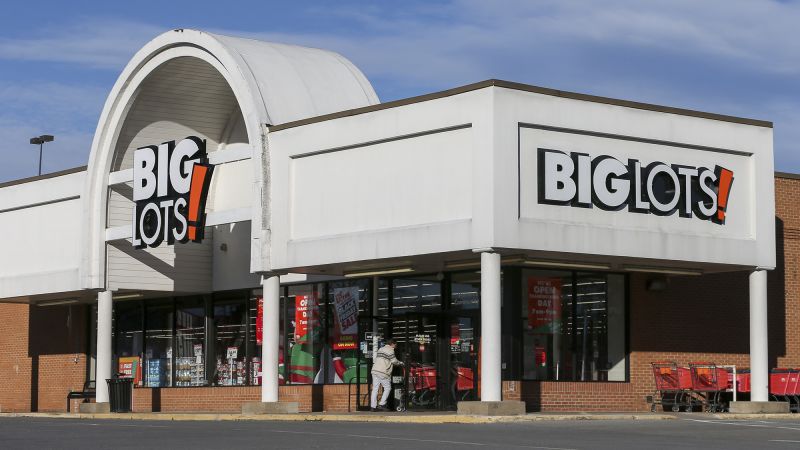Big Lots, a struggling discount retailer, has filed for bankruptcy and announced that private equity firm Nexus Capital Management is acquiring most of its stores and business operations as part of the Chapter 11 process. Despite the bankruptcy filing, Big Lots locations and website will remain open for shopping. CEO Bruce Thorn stated that the actions taken will help the company move forward with new owners who believe in the business and provide financial stability.
The economic factors cited by Big Lots for its bankruptcy include high inflation and interest rates, leading to changes in customer purchasing behavior. While customers are still seeking value, they are not necessarily looking for lower costs. Dollar stores have been struggling while Walmart and Amazon have seen booming sales. Additionally, casual dining chains like Applebee’s have been growing while fast-food chains like McDonald’s have been facing challenges. Big Lots core customers have curbed discretionary spending in home and seasonal product categories, which make up a significant portion of the company’s revenue.
Big Lots is currently in the process of closing around 300 of its 1,400 stores across the United States. While no additional closures were announced, the company warned that more closures may be necessary to ensure efficient operations and continued customer service. The company has secured $707.5 million in fresh financing to continue operating and to pay employees and vendors. Nexus Capital Management has been named the “stalking horse bidder” for the acquisition, with the deal expected to close later in the year.
The bankruptcy of Big Lots adds to the growing list of well-known retailers facing financial difficulties as customers reduce spending on non-essential items. Last week, LL Flooring announced it was unable to find a buyer and would be shutting down after over three decades in business. The changing economic landscape, coupled with shifting consumer preferences, has created challenges for retailers across the industry. As companies like Big Lots look for ways to navigate these challenges, they must adapt and evolve to meet the needs of today’s consumers while also ensuring financial stability for the future.


